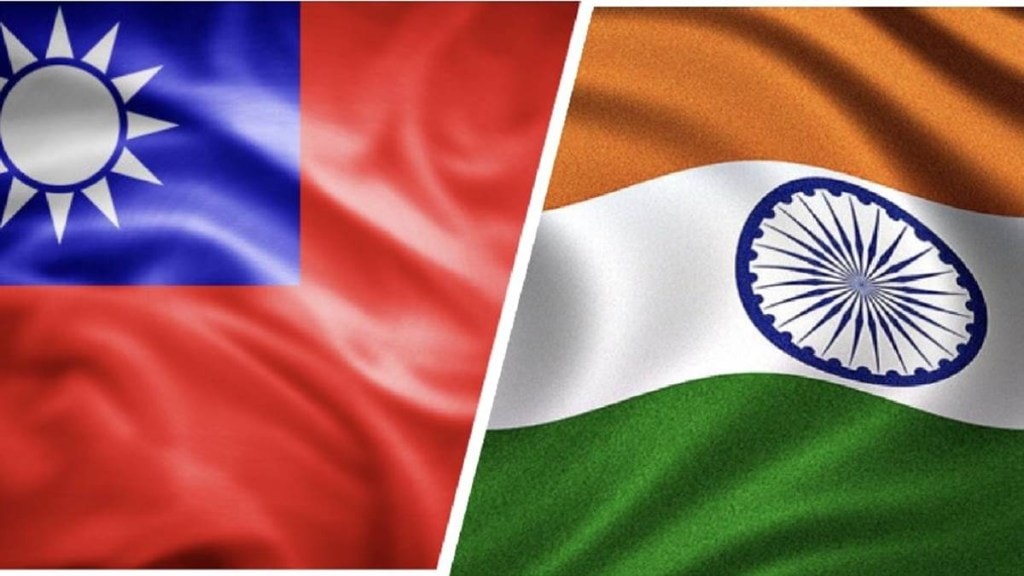By Namrata Hasija & Divyanshu Jindal
According to a recent report by Google, more than 10,000 YouTube channels were terminated in the third quarter of this year as part of an ongoing investigation into coordinated China-linked influence operations. The report highlighted that while more than 30,000 such channels were removed last year, the growth of disinformation dissemination from China-linked campaigns is increasing drastically. In a similar move earlier this year, Twitter suspended thousands of fake accounts that promoted pro-China sentiments and glossed over the human rights abuses taking place inside China. While both platforms remain banned in China, such disinformation campaigns are directed toward Beijing’s strategic rivals.
At the recently concluded 20th Party Congress, Xi Jinping spoke about winning local wars which has direct implications for Taiwan and India. The inclusion of Cai Qi, Gen. He Weidong and Wang Huning in the Politburo Standing Committee (PBSC) has direct implications for the two countries. Cai Qi and Wang Huning both have connections with Taiwanese politicians which means an increased use of soft and sharp power against Taiwan. The selection of the Weidong who has been directly promoted to the Politburo even though he was not even in the 19thCentral Committee (CC). This indicates that China will keep the pressure on India and Taiwan militarily but also use soft/sharp power to further achieve its expansionist political ambitions.
China’s increasing belligerence is now most visible in cyberspace, where China-backed and China-linked groups have led persistent and large-scale espionage, sabotage, and disinformation campaigns. Over the last two years, China-linked groups have targeted India’s ports, railways, power grids, governmental IT infrastructure, aerospace and defence sectors, and India’s medical firms producing Covid-19 vaccines. It is expected that China will broaden its commercial cyber-espionage to monitor and hamper India’s flourishing start-up ecosystem and developing semiconductor industry. Across the Taiwan Strait, the island reportedly faces 30 million cyber attacks every month (an average of 700 attacks every minute) and relentless disinformation and propaganda disseminated by China-linked groups.
India and Taiwan today have increasingly convergent interests in cyberspace, with complementary capabilities and shared vulnerabilities. Both nations are today leading hubs of technological innovation. While India has established itself as a global software and IT hub, Taiwan has established itself as a leader in hardware manufacturing with uncontested capacities in semiconductor chip manufacturing (an element of utmost importance for all digital devices – from mobile phones to cars).
In the semiconductor realm, India is now looking to benefit from Taiwanese investments, encouraged by policy incentives and subsidy programmes, including ‘Make in India’, ‘Phased Manufacturing Program’, and the ‘Production-Linked Incentive’. On the other hand, Taiwan is looking to shift its production facilities and investments from China to India, keeping in mind the forecasted demand growth in the Indian market and India’s huge workforce and resource potential.
However, beyond semiconductors, India and Taiwan can benefit from cooperation in the cyber domain, revolving around countering disinformation and building cyber resilience to protect critical infrastructure. With increasingly digitised economies and infrastructure, cybersecurity markets are expanding in both nations at an impressive pace. Facing cyber threats from China for decades, Taiwan has actively sought to create an extensive network of institutions to enhance cyber resilience.
In cooperation with partners like the US, Taipei has developed robust mechanisms for monitoring and analysing such threats. To counter disinformation campaigns, Taiwan has developed tools like AI-enabled-checking acting as the first line of defence and custom-built fact-checking applications for alerting against rumours. Taiwan has also sought private sector cooperation with Google for establishing the Taiwan Fact Check Centre to combat disinformation.
In recent years, India too has progressed in establishing dedicated agencies to deal with cybersecurity issues. While the new National Cybersecurity Strategy is still awaited, India has embarked on chalking out frameworks for strengthening cyber capabilities through cooperation with the Quad partners (Japan, Australia, and the US) and for taking a leadership role in the regional cybersecurity domain in a revamped BIMSTEC arrangement (India, Bangladesh, Sri Lanka, Nepal, Bhutan, Thailand, and Myanmar).
It has often been underlined that India’s Act East and Taiwan’s New South bound policies must converge in the cyber domain to work on mutual threats and benefits. India and Taiwan have already started to establish partnerships through research organisations, training centres and innovation hubs for robust cyber cooperation. For example, a first step has already been taken in this direction and a MoU on cybersecurity cooperation was concluded by Taiwan and India January 3, 2022, between the National Center for High-performance Computing at the National Applied Research Laboratories under the Ministry of Science and Technology, Taiwan and Indian Institute of Technology Kanpur.
However there is much that can be achieved keeping in mind that the Indo-Taiwan engagement is both driven and constrained by the China factor, making it natural to assume that increasing bilateral cooperation between the two can potentially escalate Chinese offensives in cyberspace. However, the two can sail through the storm together.
Namrata Hasija is a Research Fellow, Centre for China Analysis and Strategy and Divyanshu Jindal, Research Assistant, Centre for Air Power Studies.
Disclaimer: Views expressed are personal and do not reflect the official position of the author’s institution or policy of Financial Express Online. Reproducing this content without permission is prohibited.

